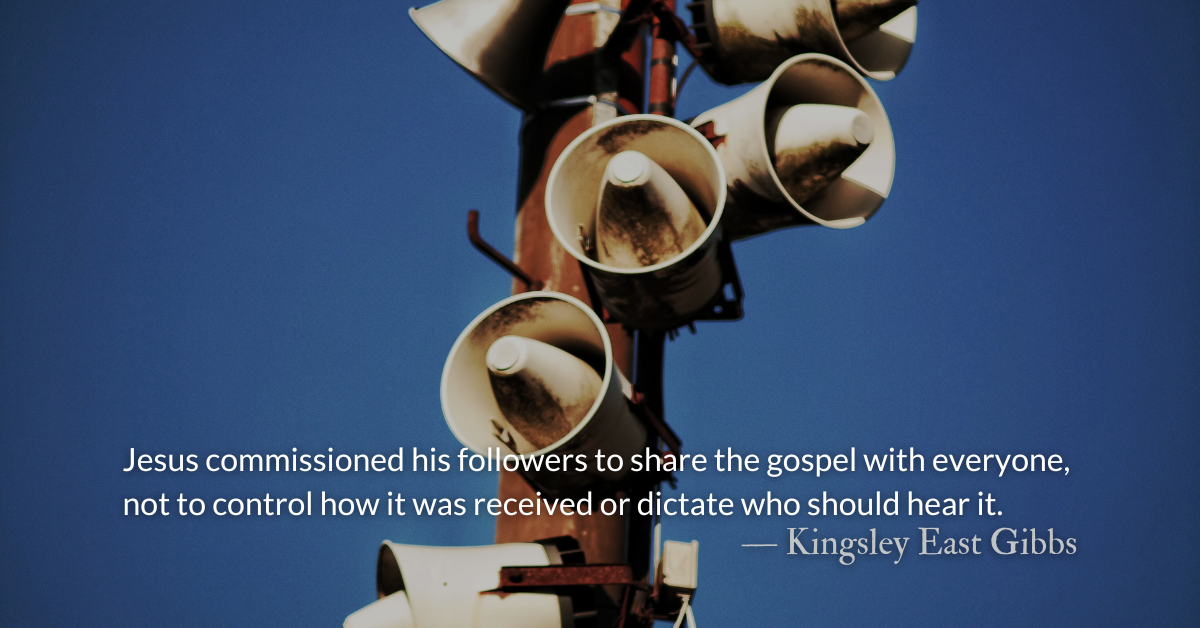Scripture Focus: Acts 8:4-8
Those who had been scattered preached the word wherever they went. Philip went down to a city in Samaria and proclaimed the Messiah there. When the crowds heard Philip and saw the signs he performed, they all paid close attention to what he said. For with shrieks, impure spirits came out of many, and many who were paralyzed or lame were healed. So there was great joy in that city.
Reflection: The Gospel for All
By Kingsley East Gibbs
By Acts 8, the church was persecuted and scattered. Stephen had just been martyred (Acts 7.59-60), and Saul breathed threats and murder against God’s disciples (Acts 9.1-2). The early church had much to fear. Today, there are places where Christians are persecuted, harassed, and threatened. Even those of us who don’t fear for our lives because of our beliefs may still feel isolated, belittled, or afraid to share the gospel. The apostles in Acts demonstrate a way for all Christians to respond to God’s commission.
Rather than hiding their faith, the church in Acts preached the word wherever they went to whomever they encountered. The apostles didn’t pick and choose who needed the gospel. Jesus did not call them to judge who gets to hear the word of God. Rather, Jesus sent the disciples to the ends of the earth to share his word with all people (Acts 1.8). This included Samaritans, people on whom the disciples previously wanted to call down fire (Luke 9.54-55).
Obeying Jesus’ teaching that the God of the Jews is for all people, Philip shared the gospel in unimaginable places with unlikely people. For instance, the Old Testament forbade sorcery like Simon’s because it was associated with deception, idolatry, and the demonic. Eunuchs were also excluded from the Jewish Temple. However, Jesus opened the door for all people to live in communion with God, and the apostles shared the gospel with those who were explicitly excluded from Jewish life. Even a sorcerer and a eunuch were invited into the kingdom of God and baptized.
After each of these baptisms, however, Simon and the eunuch had opposite responses. Simon tried to buy the Holy Spirit, while the eunuch left rejoicing and is credited by church tradition with spreading the gospel in his country.
Jesus commissioned his followers to share the gospel with everyone, not to control how it was received or dictate who should hear it. We too are called to take the gospel to the ends of the earth—to all people—those excluded by religious groups, adored by society, ostracized by communities, and everyone in between. Because the gospel is for all.
Divine Hours Prayer: The Call to Prayer
Worship the Lord in the beauty of holiness. — Psalm 29.2
Today’s Readings
Isaiah 50 (Listen – 2:09)
Acts 8 (Listen – 5:10)
Read more about Not for Sale
Peter’s response calls out the sin in Simon’s heart, the attitude that divine power can be acquired for a price.



